Not only is this an act of economic fraud, it is also a crime against the health and lives of people, especially when the scale of operation of this "ecosystem" has been going on for a long time, with a widespread distribution network...
The incident once again raises a painful question: Are we putting too much trust in the self-regulating market, forcing consumers to become wise and alert to choose the right genuine product among a sea of goods, instead of creating an effective control and supervision mechanism from the root?
In reality, people do not have enough expertise, tools or authority to determine the quality and true origin of the medicines and functional foods they use every day. Medicine bottles with full packaging, barcodes, and registration numbers - but containing cassava flour, wheat flour, and even toxic substances - are things that no one can detect with the naked eye or by searching online. So whose responsibility is it?
Recently, products that have a direct impact on health such as functional foods, pharmaceutical cosmetics, and even some oriental medicines are being managed under the “self-declaration” mechanism. Enterprises only need to submit valid documents to be able to put their products on the market... while the authorities only conduct post-inspection, if conditions permit or when there is feedback. This management method creates loopholes for bad guys to take advantage, while consumers become the most vulnerable.
It is time to review and tighten the entire legal framework and management mechanism for this issue. First of all, it is necessary to stop self-declaration for functional foods, oriental medicines, pharmaceutical cosmetics and treatment support products. Instead, it is necessary to require inspection and pre-inspection licensing with strict procedures, assigning specific responsibilities to each stage: from testing, evaluating ingredients, production facilities to circulation announcement.
Second, it is necessary to promote the construction and connection of a mandatory electronic traceability system for each product and each shipment - not only for businesses to make their products transparent, but also for authorities and consumers to easily check and monitor. Each medicine box and functional food bottle needs to have a unique identification code, and access public data on the place of production, testing, and distribution.
Third, it is necessary to strengthen the capacity for surprise inspections and regular post-inspections of pharmaceutical and functional food production and trading establishments. Authorities cannot just wait for feedback before taking action, but need to have a regular monitoring mechanism, with the participation of interdisciplinary forces or socialize independent inspection work.
More importantly, it is necessary to build a mechanism to prevent negativity within the management team itself. Incidents like Pham Ngoc Tien’s could not have existed for so long without laxity and irresponsibility on the part of management staff.
Finally, it is necessary to invest heavily in modern testing technology and specialized human resources, while raising public awareness of the risks of using counterfeit drugs and poor quality functional foods. The role of the press, media, and social organizations is very important in disseminating knowledge and timely warnings.
Protecting consumers, especially with products directly related to health, is not only a responsibility, but also a measure of the effectiveness of state management. Do not let incidents like the recently dismantled counterfeit drug ring be just “single bright spots”, but turn them into the beginning of a comprehensive review and tightening, aiming to create a transparent and safe market.
Source: https://hanoimoi.vn/dung-bat-nguoi-tieu-dung-phai-thong-thai-702827.html


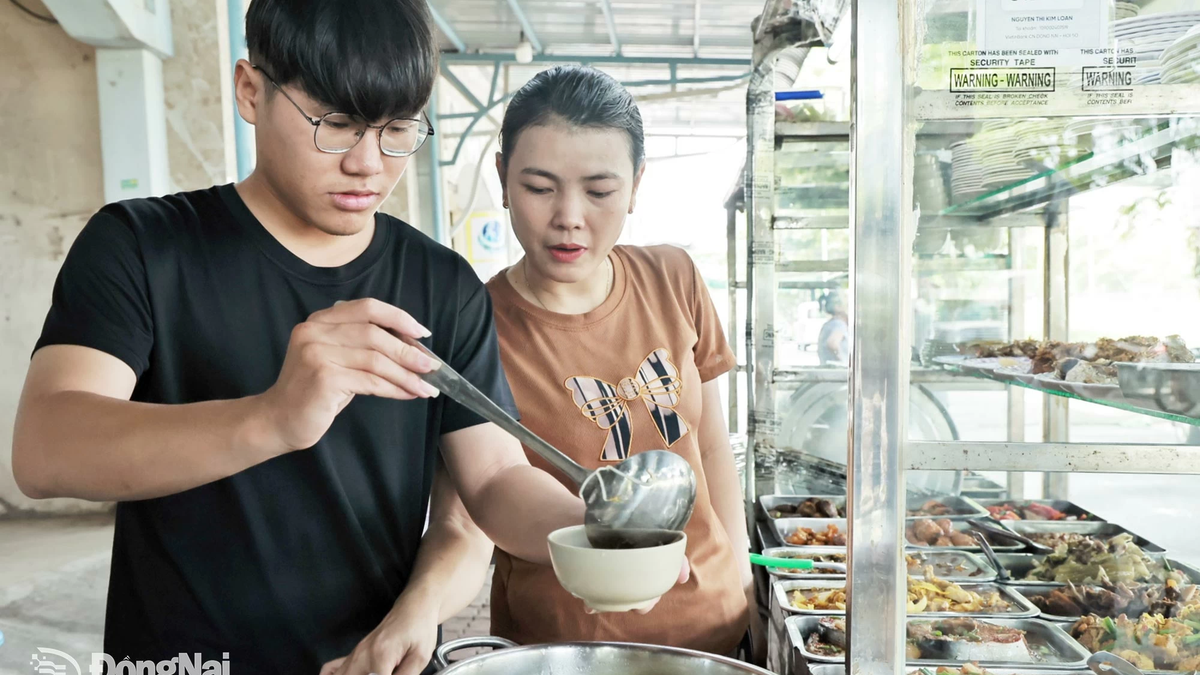
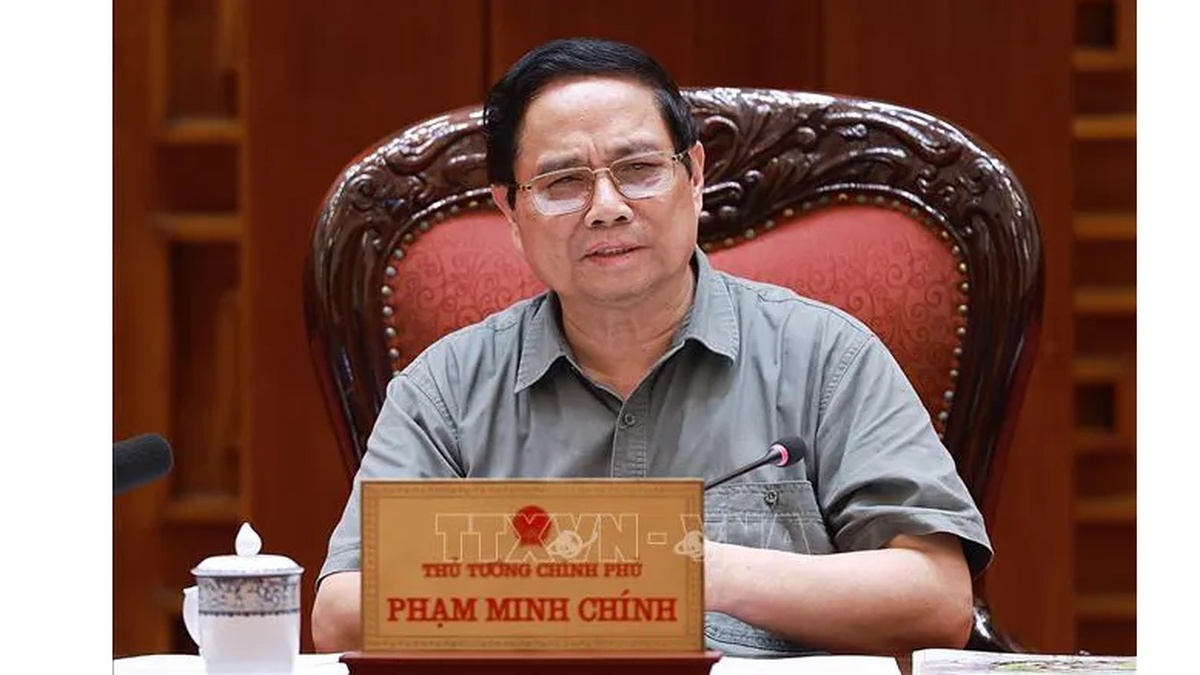


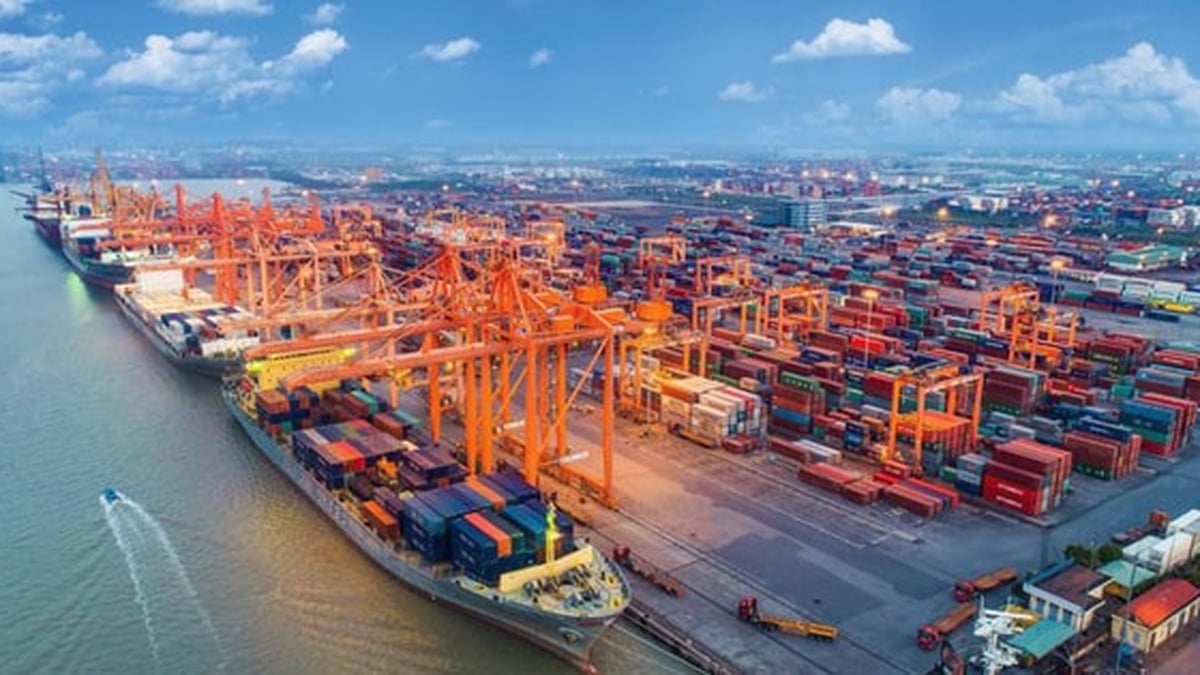

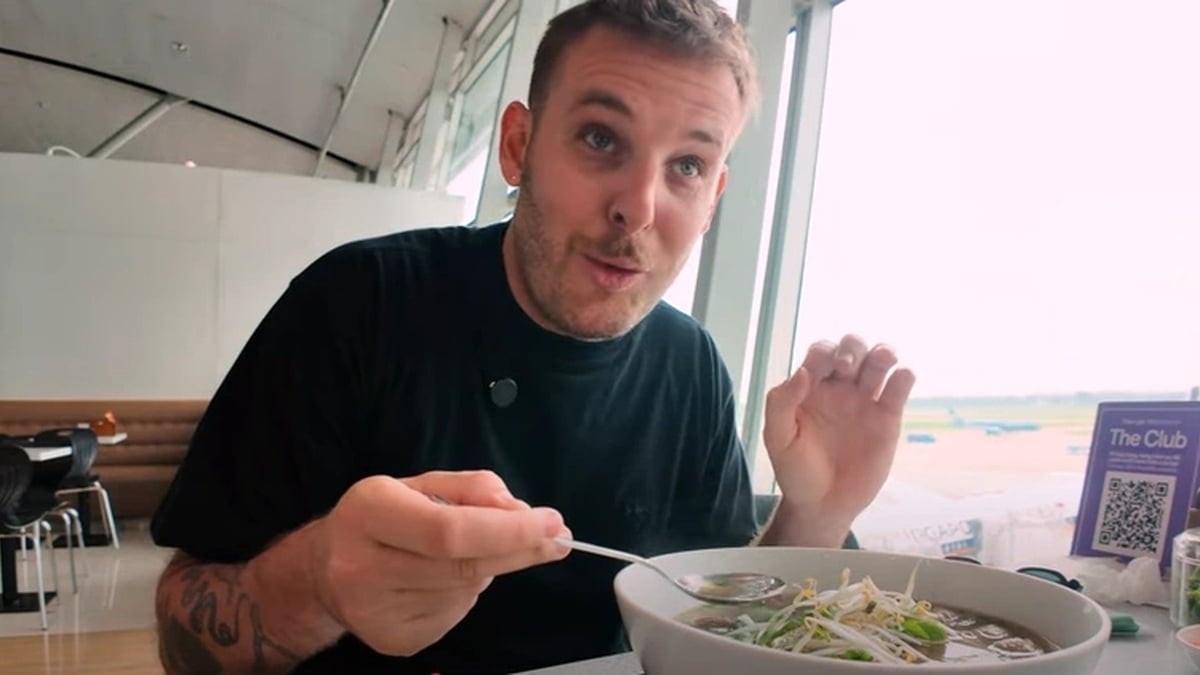

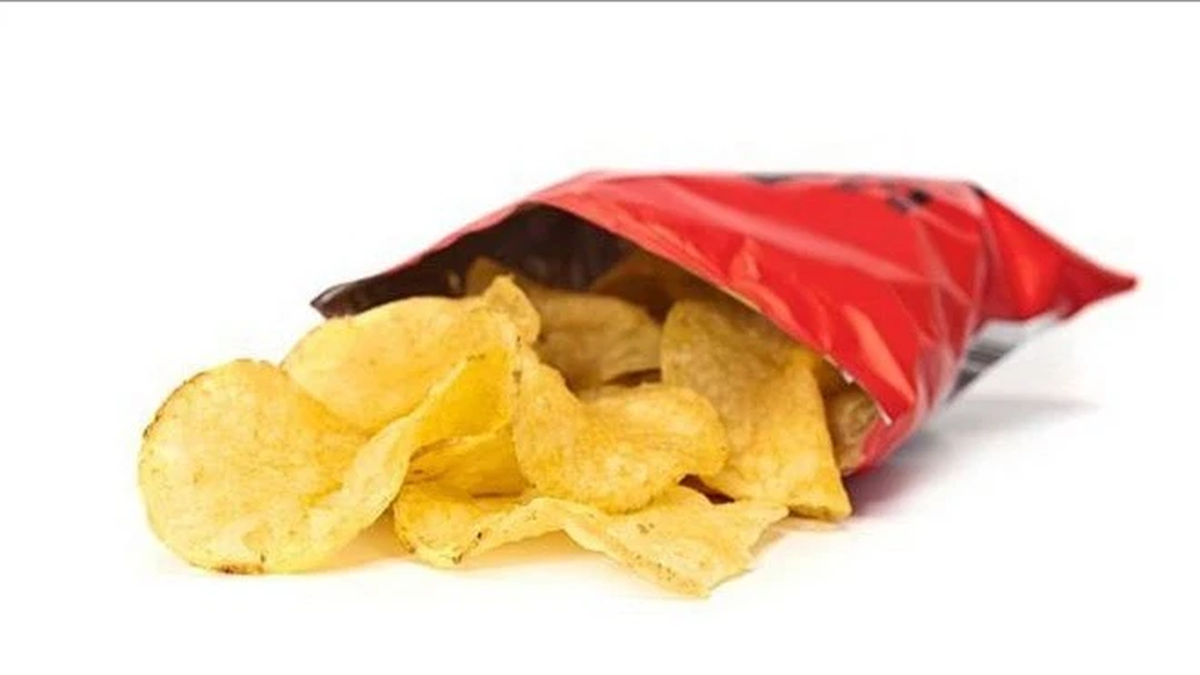












![[Photo] National Assembly Chairman attends the seminar "Building and operating an international financial center and recommendations for Vietnam"](https://vphoto.vietnam.vn/thumb/1200x675/vietnam/resource/IMAGE/2025/7/28/76393436936e457db31ec84433289f72)












































































Comment (0)